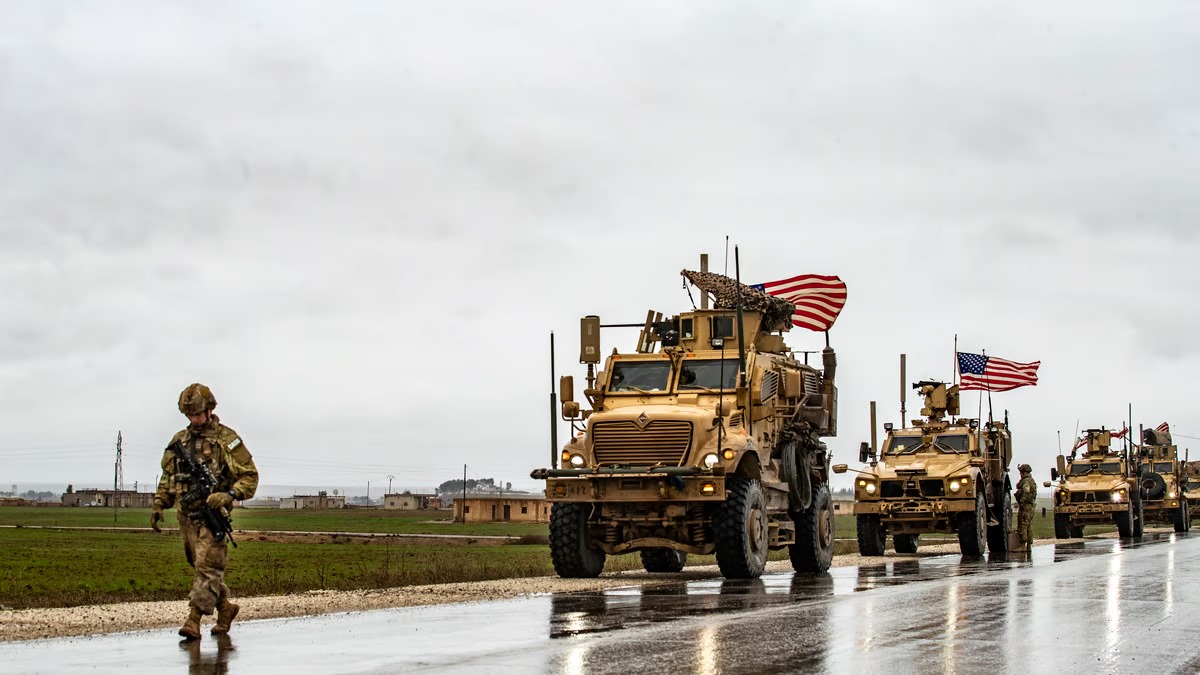In an unprecedented shift in the military arena, the United States seeks to reshape the concept of war by relying on artificial intelligence and drones, surpassing traditional weapons such as warplanes and tanks .
This major shift is being embraced by the administration of the next US President, Donald Trump, in cooperation with billionaire Elon Musk .
Reshaping military power
General Mark Kimmitt, former US Assistant Secretary of State for Political-Military Affairs, stressed that the shift to AI-based systems and drones represents a qualitative shift. He explained, “We are entering a new era, where technology is pushing the boundaries of what is familiar and redefining the concepts of conventional warfare.” Kimmitt pointed out that the main goal of this shift is to reduce human and material costs, stressing that the human element represents a fundamental weakness in the conventional weapons system .
Controversy over conventional weapons
Despite the ambitions of this approach, there are concerns about abandoning conventional weapons that have proven effective over decades. In this context, Kimmitt pointed out that “conventional weapons cannot be completely dispensed with immediately. While drones and artificial intelligence may excel in tactical missions, they may face challenges in strategic battles that require precise human decisions .”
Race against time and international competition
Kimmitt discussed the impact of international competition on these military transformations, especially with the acceleration of developments in China and Russia. “The United States cannot afford to be behind in this race, especially with China and Russia investing heavily in AI technologies,” he said. “If we are not at the forefront of this technology, our military superiority could be threatened .”
Economic and industrial repercussions
“Traditional companies that don’t keep up with this new wave of innovation may find themselves out of the game,” Kimmitt noted. “Companies that are able to adapt to this new reality will become the major players in the defense market .”
Ethical questions raised
During the discussion, the ethical issues associated with the use of autonomous systems in warfare were addressed. When asked how to ensure that these systems are used responsibly, Kimmitt stressed that “ethical issues will remain part of the debate, but countries that are behind in this race may find themselves forced to ignore some considerations to ensure their military superiority .”
New era
Regarding the future of this strategy and its impact on the global balance of power, Kimmitt pointed out that the trend towards artificial intelligence and drones may reshape the political and economic geography of wars .
With this bold proposition, America Today opens a window into the future of warfare, where technology and geopolitics intersect to create a new era of conflict .
Source: Sky News Arabia






